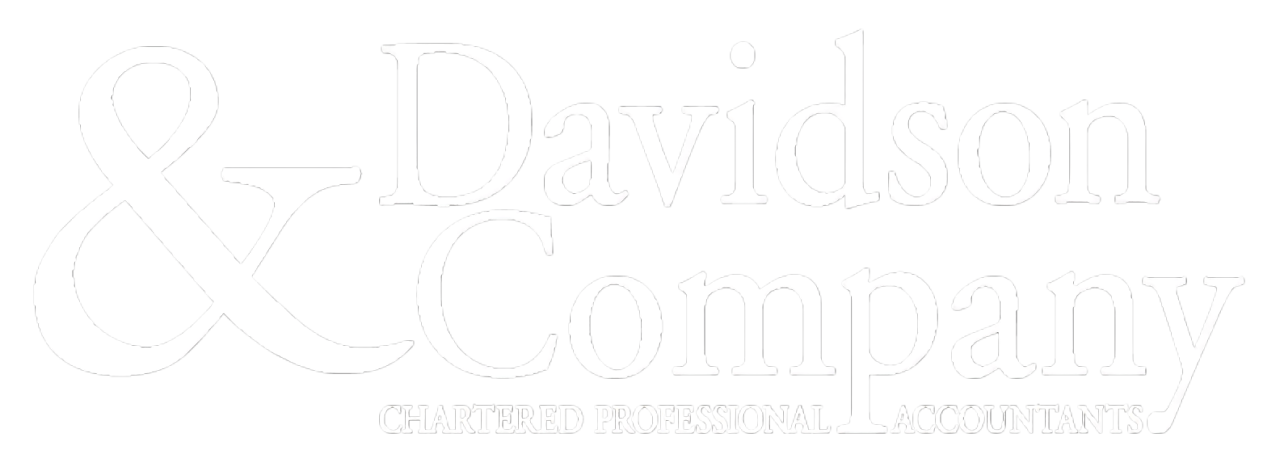On July 18, 2017, Finance released its 63-page consultation paper, “Tax Planning Using Private Corporations”, regarding significant proposed rule changes to address tax planning for private corporations.
Specifically, the paper is aimed at tax planning strategies that Finance views to be unfair, including income sprinkling, holding passive investments, and converting income into capital gains with private corporations. The proposed changes will generally apply to the 2018 and later taxation years. Below is a brief summary of the proposed changes.
I. Income Sprinkling Using Private Corporations
Income sprinkling is a concept that refers to reducing income taxes that would otherwise be realized by a high-income and high-tax rate individual to instead be realized by lower-income and low-tax rate family members. Finance has proposed various measures to address these concerns including the following:[read more]
Extension of the tax on split income (“TOSI”) rules (i.e. “kiddie tax”)
- The current TOSI or kiddie tax rules apply to individuals under the age of 18 years which effectively taxes the split income at the highest marginal tax rate. The proposed changes would expand the individuals subject to the TOSI rules, effectively including any Canadian resident individual (e.g. spouse, adult children) who receives income derived from a business of a related individual.
- The proposed changes would include a new “reasonableness test” for adult individuals to determine if the
new TOSI rules would apply. The test would consider labour and capital contributions to the company by the individual, and the test would apply differently based on age of the adult individual (i.e. whether the individual is between 18 and 24 or is 25 or older). - The proposed changes would expand the definition of “split income” to include more types of income.
Finance has indicated that these proposed measures would generally apply for the 2018 and later taxation years.
Constraining multiplication of lifetime capital gains exemption (“LCGE”)
- The LCGE allows individuals to shelter capital gains from taxation on the sale of certain private corporation shares. The proposed changes would eliminate the LCGE in respect of capital gains that are realized, or that accrue, before the taxation year in which the individual attains the age of 18 years.
- The proposed changes would eliminate the LCGE for capital gains on property that is subject to the expanded TOSI rules.
- The proposed changes would eliminate the LCGE on capital gains that accrued during the time that property was held by a trust. There would not be any grandfathering for existing family trusts.
Finance has indicated that these proposed measures would generally apply for the 2018 and later taxation years. Transitional rules would be available to allow affected individuals to elect to realize, on a day in 2018, a capital gain in respect of eligible property by way of a deemed disposition for proceeds up to the fair market value of the property. The capital gain triggered from the election would be eligible for the LCGE.
II. Holding Passive Investments in Private Corporations
Due to low corporate income tax rates, private corporations have the opportunity to invest after-tax funds in passive investments (e.g. GICs, stocks, bonds) with a higher initial capital base compared with individuals who earn their income directly. Finance is concerned with the fairness and neutrality of the current system and the tax-deferral opportunities for private corporations, and it has proposed various measures to address these concerns.
The proposed changes are aimed at:
- Eliminating the refundable tax system on passive investment income earned by private corporations in order to neutralize the financial advantages of investing through a corporation compared with investing directly as an individual.
- Eliminating the inclusion of the non-taxable portion of capital gains to the capital dividend account in certain situations.
Finance has indicated that these proposed measures would apply on a go-forward basis and would have limited impact on existing passive investments.
III. Converting Income into Capital Gains
Capital gains are generally subject to a lower personal income tax rate compared with dividend income. The Income Tax Act contains anti-surplus stripping rules to prevent corporate surplus from being extracted at the lower capital gains tax rates instead of the higher dividend tax rates. Finance has proposed to expand these anti-avoidance rules on certain types of non-arm’s length transactions.
One of the proposed changes would effectively reduce the cost base of an individual’s shares by the amount of capital gains realized on prior dispositions of the shares by non-arm’s length individuals (regardless if the gains were previously sheltered by the LCGE).
Finance has indicated that these proposed measures would generally apply to shares disposed of, and amounts received or that became receivable, on or after July 18, 2017.
Summary
Finance’s proposed changes will have a significant impact on the taxation of private corporations moving forward and may result in double taxation in certain circumstances. We would strongly suggest that you review your current corporate structure to determine the impact of the proposed changes. Given the proposed effective dates for the proposed changes, income sprinkling strategies should be considered before the end of the 2017 year. Furthermore, the proposed transitional rules should be reviewed to determine if any action is required in 2018.
Please contact one of our tax and private company partners to discuss the potential implications to your company:
- Les Fabian, CPA, CA lfabian [at] davidson-co.com
- Jamie Nguyen, CPA, CA jnguyen [at] davidson-co.com
- Annelie Vistica, CPA, CA avistica [at] davidson-co.com
- Telephone: (604) 687-0947
